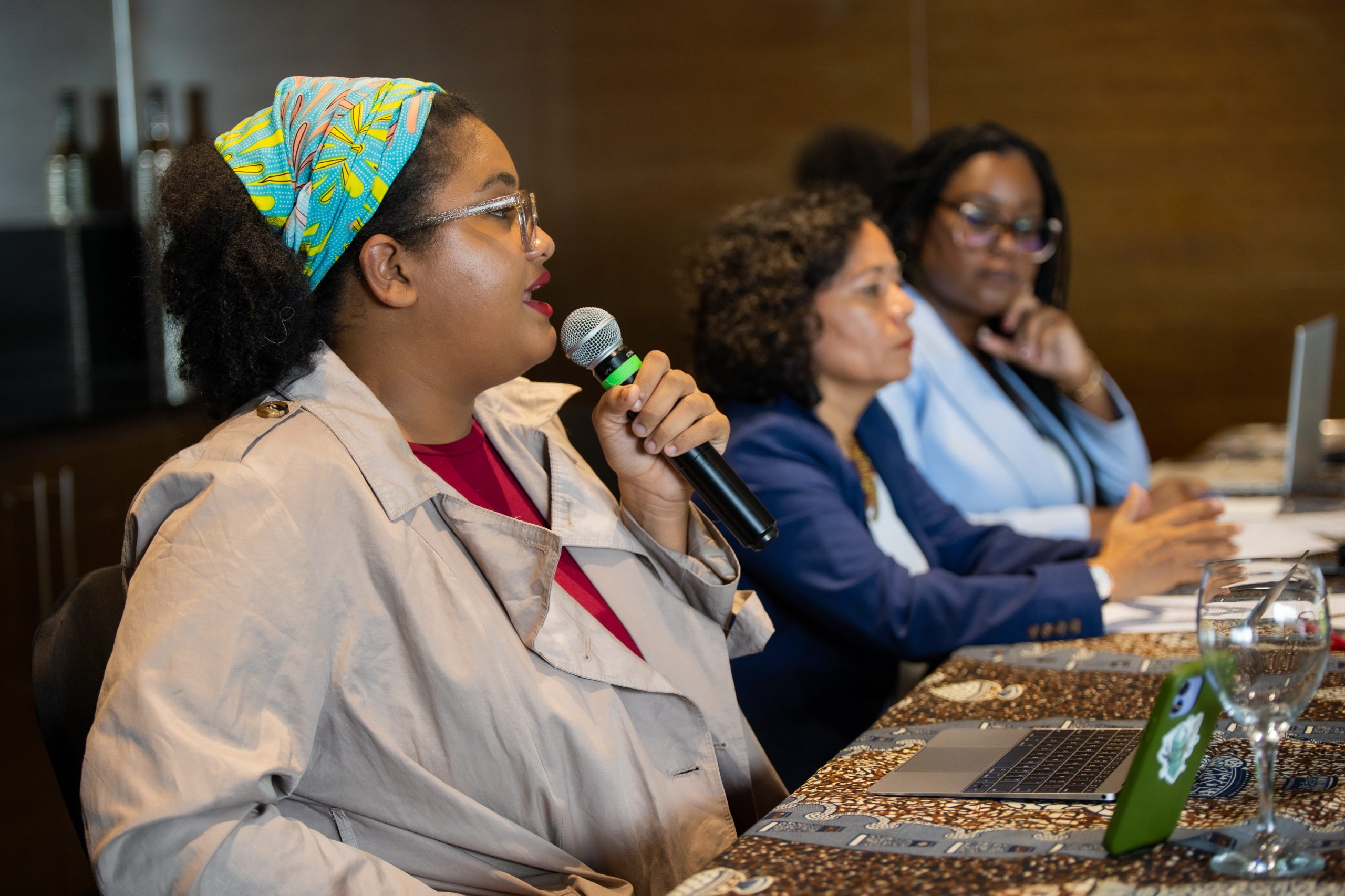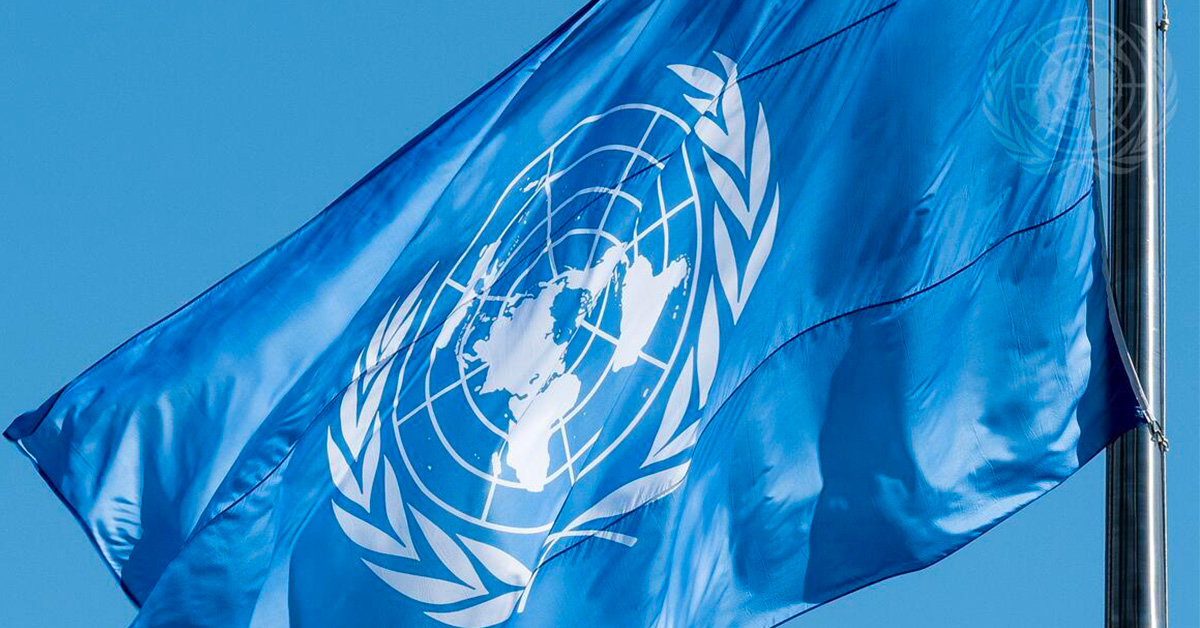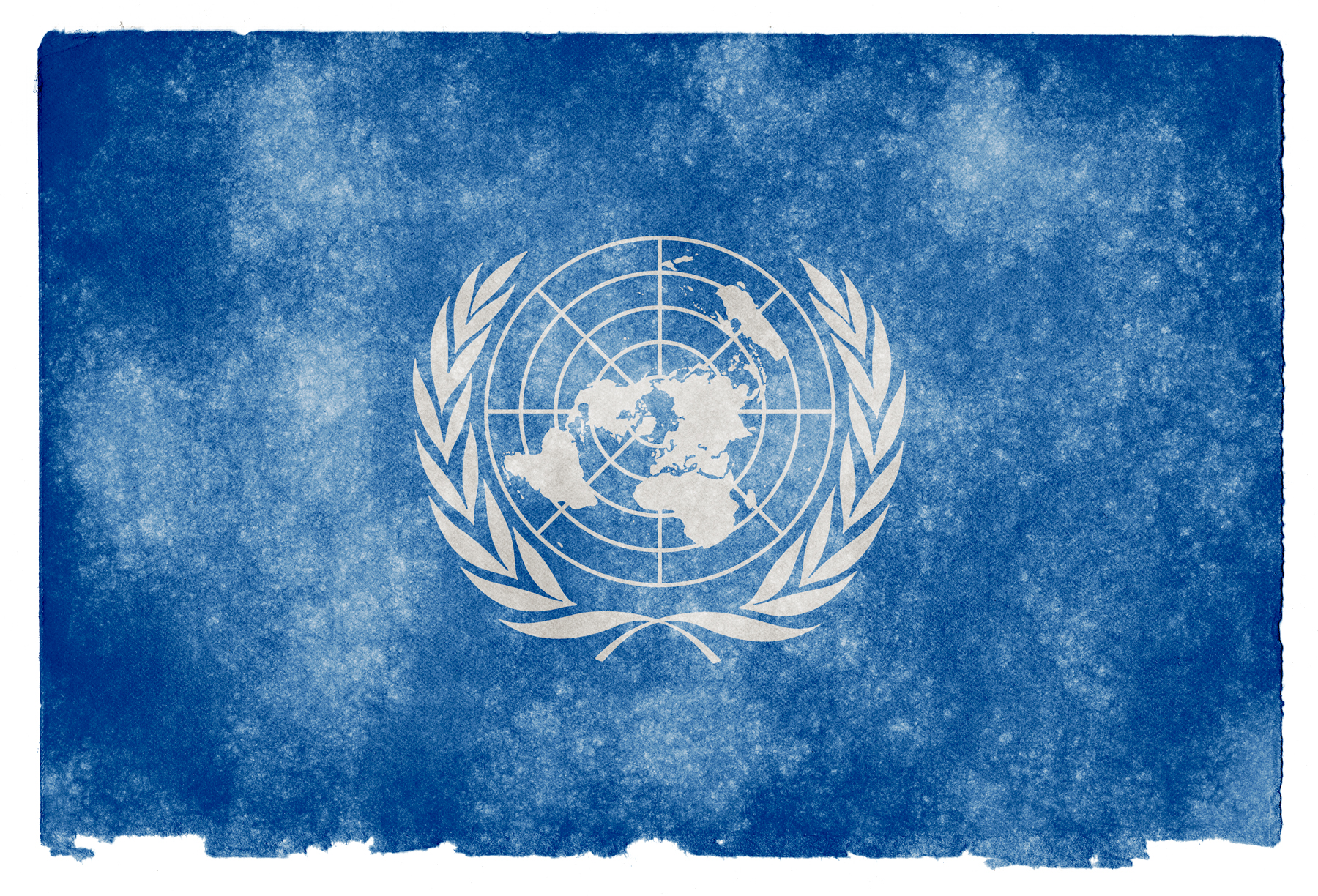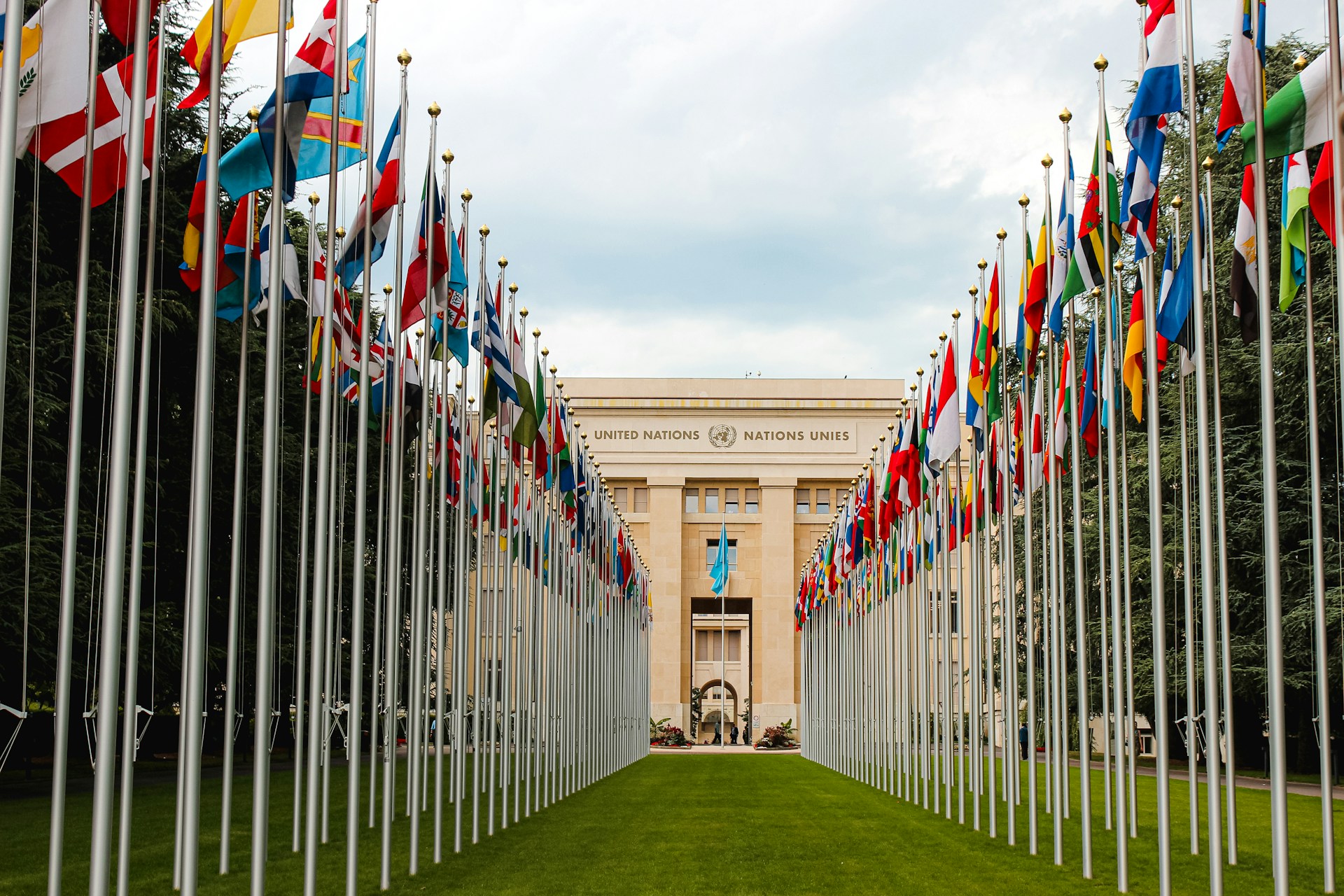The United Nations Committee on the Elimination of Racial Discrimination (CERD) has formally expressed concerns to the French government regarding the construction of a power plant in French Guiana that violates the rights of the indigenous Kali’ña people residing in the village of Prospérité, located near the project.
Known as the Centrale Électrique de l’Ouest Guyanais (CEOG), the power plant has been under construction since November 2022 on land less than 2 kilometres from the village. This has led to the levelling of more than 70 hectares of a forest on which the inhabitants of Prospérité depend for their livelihoods and in which they practise hunting, fishing and agriculture.
In a letter addressed to the French representatives at the UN in Geneva, the Committee expressed concern ‘might have been no consultation or free, prior and informed consent of the Kali’ña people before the approval of the project’. The Committee also flags allegations of ‘excessive use of force by law enforcement, detention, prosecution and criminal convictions against leaders and members of the Kali’ña people’.
The Committee also says that these allegations could constitute a ‘breach’ of the obligations of States that are parties to the International Convention on the Elimination of All Forms of Racial Discrimination, as well as ‘an attack on the rights of indigenous peoples which are protected by the Convention’. It asks France to ‘provide information’ on these allegations by 26 June.
Dated 26 April and published on 1 May, the letter comes weeks after Prospérité’s traditional chief, Roland Sjabere, sent an urgent appeal to the Committee, calling on it to push for French authorities to halt construction of the power plant on its current location.
Filed on March 15 by the Organisation des Nations Autochtones de Guyane française (ONAG) and the International Service for Human Rights (ISHR), this appeal informed CERD members of the absence of consent from and consultation of the Kali’na people regarding the precise location of the project, despite its placement in a forest of major cultural and economic importance for the village of Prospérité.
This constitutes an act of discrimination under the International Convention on the Elimination of All Forms of Racial Discrimination, which France ratified on July 28, 1971.
‘The Committee’s appeal to France is a victory for the Kali’ña people and for all the people who have given us their support in our struggle to preserve our lands and our traditions,’ reacted traditional chief Roland Sjabere.
‘Authorities cannot disprove what we are seeing every day on the ground: they must put an end to the construction of the CEOG plant, find a new location, and stop turning a deaf ear to the demands of Indigenous peoples,’ said Clarisse Da Silva, an activist within the Indigenous collective opposed to the project.
‘We urge French authorities to cooperate with the Committee and to take all necessary steps towards resolving the long-standing tensions around the village of Prospérité and address the reasonable grievances of its residents,’ said Madeleine Sinclair, co-director of offices at ISHR New York.
Since the CEOG project was made public in 2019, residents of Prospérité and their allies have opposed the construction of the plant on this land – insisting that they do not oppose the construction of the power plant per se, but its proposed location.
There have been repeated incidents between law enforcement and members of the Indigenous community who have demonstrated against the project. Among these was the arrest of traditional chief Roland Sjabere in October 2022, as well as the arrests and prosecutions of dozens of demonstrators, including minors, who protested near the construction site in November 2022.
This is the second time that the CERD has approached France to discuss the impact of industrial projects on the living spaces of the Indigenous peoples of French Guiana.
In October 2018, a previous urgent appeal request filed by ONAG led the Committee to urge the French government to respect the prior, free and informed consent of Indigenous peoples impacted by the ‘Montagne d’or’ mining project, financed by a Russian-Canadian multinational.
French President Emmanuel Macron announced the withdrawal of the project in May 2019, days ahead that year’s European parliamentary elections.




